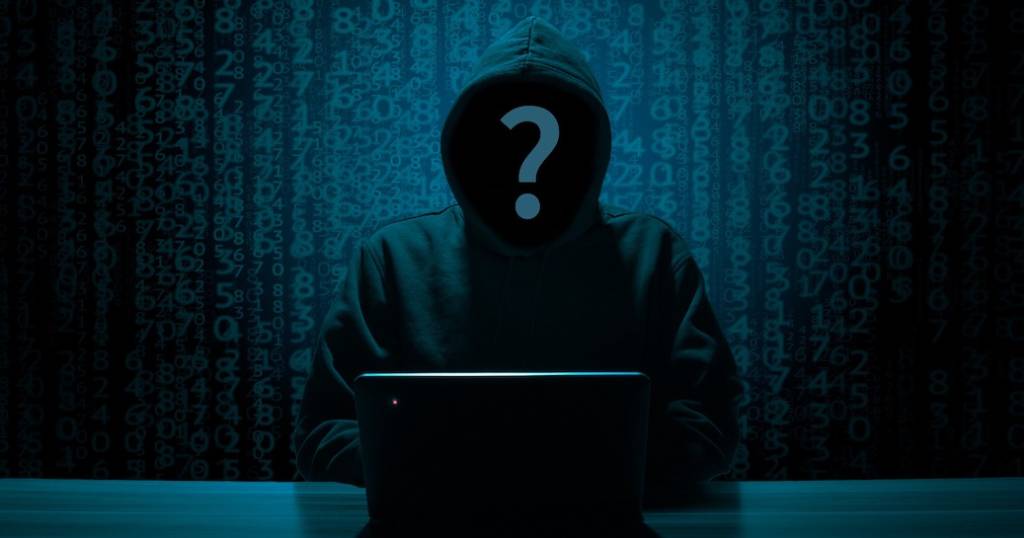Can you imagine an Internet where anonymity wasn’t allowed? Where some technical advance made it so that if you posted online, everyone would know exactly who posted it? Edward Snowden can, and it frightens him.
Snowden argues that anonymity is a bedrock of a free Internet, and worries that in our cancel culture, everyone would be a target, which would have a silencing effect:
“The forced identicality of online and offline lives, and the permanency of the Internet’s record, augur against forgiveness, and advise against all mercy. Technological omniscience, and the ease of accessibility, promulgate a climate of censorship that in the so-called free world instantiates as self-censorship: people are afraid to speak and so they speak the party’s words… or people are afraid to speak and so they speak no words at all…”
Snowden brings up valid points, and with the rise of oppressive Big Tech, it’s true that anything we write on the Internet will be used against us. But I’ll admit I’m not as enthusiastic about Internet anonymity as Snowden is. While it’s clear that there are good and valid reasons to write behind a pseudonym (think: whistleblowers, people living in oppressive regimes, etc.), it also has its bad—and even ugly—aspects as well.
Legitimate Reasons
Again, to be clear, I’m not opposed to using a pseudonym online. Obviously there are situations where it would be foolish to use your real name; think, for example, of the journalist living in China reporting on its totalitarian government.
And it doesn’t even have to be that serious of a reason to remain anonymous. If, for example, you want to be on a social media platform like Twitter to simply read what others are saying, there’s no urgent need to use your own name. If you just want an account to follow your children’s families, again, there’s no need for your real name.
Likewise, there are situations where it might be personally dangerous to post with your real name online. Perhaps you have an abusive ex-husband, or some other bad situation. It makes sense to be super-careful about what you post online.
And in general, privacy is important, and so not using your real name can help maintain at least a bit of that privacy (but don’t be deluded into thinking that Big Tech doesn’t know it’s you who is posting).
The Power of Your Name
Yet, even though there may be legitimate reasons to hide your identity, using a pseudonym online has consequences. You should not expect others to listen to you as much as someone who uses his real name. When you put your name behind something, it carries more weight—you are willing to stake your reputation to it. You also risk being publicly wrong, including people knowing it is you who is wrong. Your name gives more seriousness to your words.
Particularly in the area of evangelization, using your real name is essential. Why should someone listen to your passionate words against abortion, for example, if they don’t even know who you are? Maybe you are just making the argument to start an online fight—there’s no way for others to know what you really believe. It’s naive to think that people just listen to the words of the argument; they also want to know the person behind those words.
Ugly Anonymity
Beyond the power behind using your own name, being anonymous has its inherent downfalls. As I wrote recently for Crisis Magazine, anonymity often breeds toxicity:
“The internet is fundamentally a pseudonymous medium. Even someone like me who uses his real name and photo on social media is still somewhat pseudonymous to others online. After all, what do you really know about someone who you’ve only encountered on the internet? And of course the most vicious commentary usually originates with those who make themselves truly unknown by using a fake name and avatar. That sense of anonymity breeds toxicity.”
We’ve all experienced it: you post something innocuous and in response you get a comment so over-the-top in its attack you wonder for a moment if a human being could have actually said it. Then you quickly notice that the person who made the comment is using a pseudonym. Of course. After all, it’s highly unlikely this same person would ever say this under his real name, much less in person. The cloak of anonymity removes the human element and turns every exchange in a battle to be won.
We were made to interact with others; it’s in our very being: “It is not good that the man should be alone” (Gen. 2:18). Yet that interaction is designed, for the most part, to be truly inter-personal: we read each other’s body language far more than we realize.
All Internet interactions take that away, but anonymous interactions do so exponentially. How do I react when “DeusVult123” tells me that I’m a closet Marxist? What am I supposed to think when “BLMforLife” accuses me of being a racist? It’s a wasted interaction that serves no real benefit.
Striving for the Real
Ultimately, all internet interactions fall short of true, interpersonal—and in-person—interactions. But by using our real names when we want to have a real conversation (or argument), we at least take a step in the right direction.
I’m not calling for the end of Internet anonymity; it has its useful purposes. But I am calling for Catholics who wish to promote the Faith in the online world to realize that their words will have far more power if they back them by their names, and may also prevent them from falling into some of the more toxic forms of online discourse.

